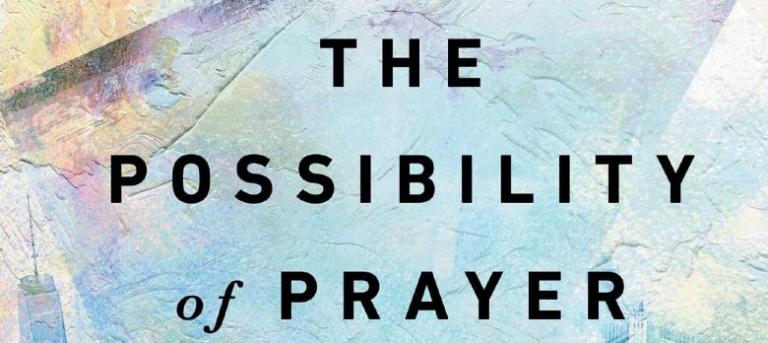
No one would have to think long about examples of our culture’s love of being offended. While we usually think about how this plays itself out in cultural discussions, the truth is that we carry our propensity for getting offended into our personal relationships. Ask us what other people have done to us, and we can offer a laundry list of offenses. They might be harsh words or some kind of betrayal, but we cannot forget them and we cannot let go of them. Our rehearsing of how we have been wronged harms us and our relationships with others. The refusal to let go of past offenses creates bitterness that eats at us from the inside out.
“Good sense makes one slow to anger,and it is his glory to overlook an offense.”
These words from Proverbs 19:11 help us understand how we should handle times when we are offended by other people. First he tells us that good sense should make us slow to anger. There is no glory is assigning the worst possible meaning and motives to another person’s words. In fact, it is foolish to rashly assume someone meant the worst towards you. Solomon says good sense and wisdom will slow down to think before responding in anger to people and situations.
While our culture finds glory in being perpetually offended, Solomon says real glory is found in overlooking an offense. The Bible holds out the virtue of simply letting things go rather than losing our minds in anger or simmering in bitterness and unforgiveness. Whenever someone offends you, if at all possible, simply let the offense go.
What should you do if there is an offense you simply can’t get over? Talk to the person about it face to face. Don’t post a Facebook status pointed at them without mentioning their name. Don’t try to work things out through text messaging. Sit down and tell the other person about the offense. If they say they are sorry, forgive them. If they do not, forgive them from the heart anyway. This may mean the relationship may not be mended, but you at least are not harboring bitterness and unforgiveness in your own heart.
There is a simple test we can give ourselves to see if we have forgiven another person. Jay Adams says when you forgive another person you are saying you will not bring the matter up to them again, you will not bring it up to others, and you will not dwell on it. This is the test of forgiveness. Can you genuinely let it go? Can you stop holding the other person’s sin against them?
You may wonder why we should do this. Why should we forgive other people when they wrong us instead of getting revenge? Jeremiah 31 records God’s promise for the age of the New Covenant, when He will dwell in the hearts of His people. God’s lengthy promise includes these words, “For I will forgive their iniquity, and I will remember their sin no more.” Because of Jesus’ death, when we trust in Him God no longer holds our sins against us. We experience the full and free pardon of sin. How can we receive forgiveness and not give it in return?
If you are having a difficult time forgiving another person, reflect on the grace and forgiveness you have been shown. Also remember that revenge does not belong to you and justice will not be avoided. This doesn’t happen through some fluke of “karma,” but because God is just and no sin goes unpunished. Every sin gets called into account either in hell or on the cross, so don’t pursue your own revenge. Forgive freely, just as you have been forgiven, trusting in the ultimate justice and goodness of God.
Related Posts:
“A Lesson from My Five-Year-Old Daughter”
“Karma is Dead”
For Further Reading:
The Lost Art of Listening by Michael Nichols












